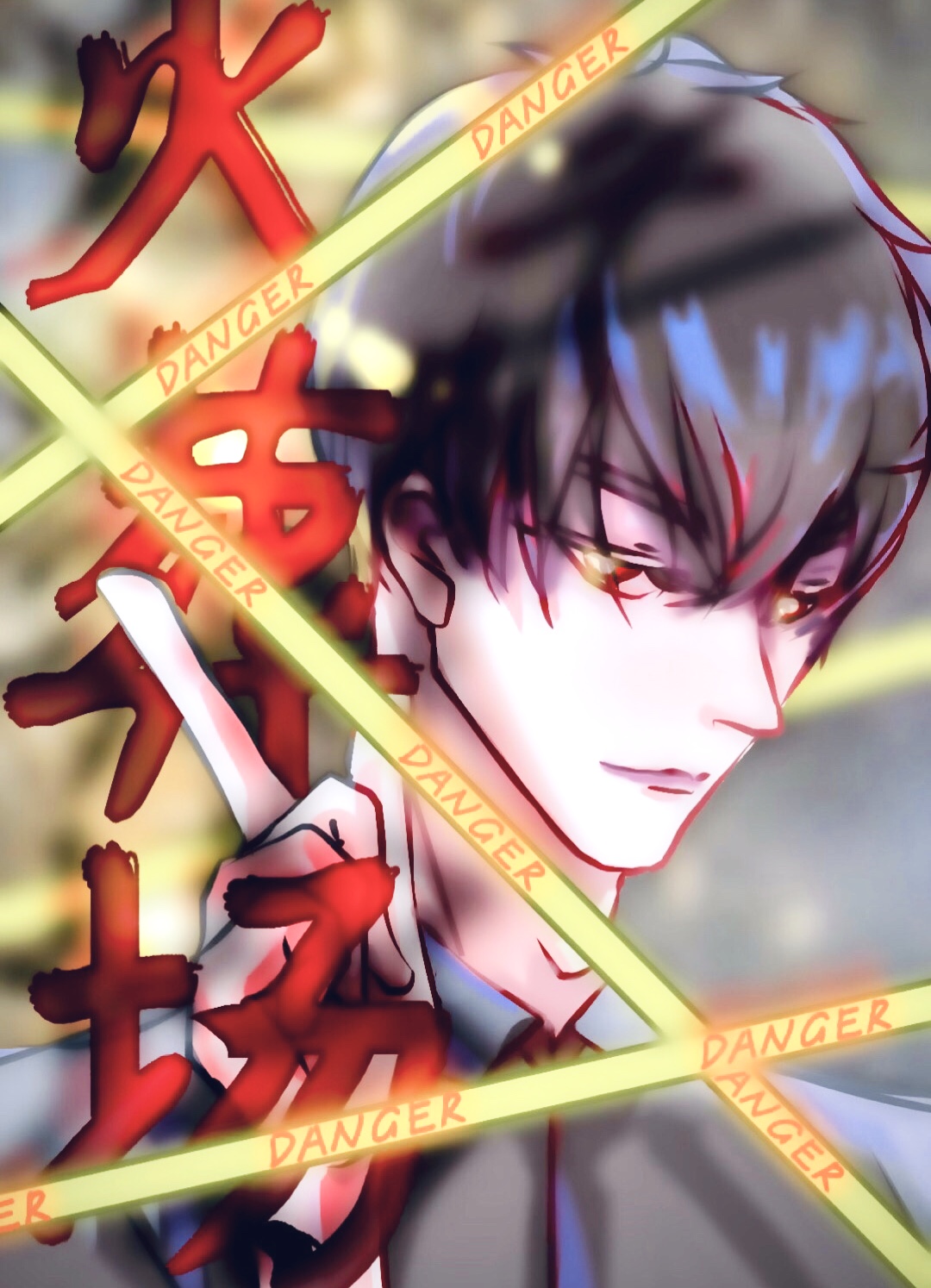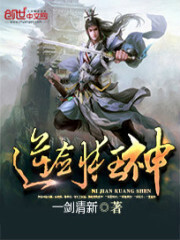Chapter 644 Comprehension
Finally Hitler agreed to Goering's plan.
Although this plan is to indirectly allow Hitler to admit his mistakes, in other words, it is to give Hitler a step down... When Stalingrad and the Caucasus were both in trouble, Hitler did not know that he had made a mistake of "unclear strategic goals" mistake.
Goering's plan is to correct mistakes, and at the same time, his considerations are correct from the perspective of warfare. He tries his best to limit the enemy's supplies while increasing his own supplies. After reaching a certain level, he will be able to form an advantage. It can speed up the process of the German attack on Stalingrad.
So, the next day, as soon as the sky brightened, the situation on the battlefield changed.
At that time, Shulka was discussing the situation on the front line with Golikov at the army headquarters.
Golikov has fully accepted Shulka's "cold guns and cold guns" tactic... There is no doubt about this, although the "cold guns and cold guns" tactics do not conform to the Soviets' carefree character.
Quite a few officers and soldiers in the Soviet army had that kind of single-minded personality. They raised their necks and gulped vodka, then dropped the jug, grabbed their rifles and shouted "Ulla" before rushing towards the enemy. position.
To them, this is "bravery", which is what a man should do as a warrior. Those who fight around and hide are "cowards", and they are petty like a woman.
But the battlefield is a realistic place, and no one can refuse tactics that achieve greater results with fewer casualties.
Soldiers won't because they want to live.
Generals won't either, because they need to win this battle to make a difference.
As a result, tactics quickly spread to the entire army.
As the chief instructor, the cadet army made the school bigger and bigger at the Lazur Chemical Plant, and carefully selected snipers and mortars from various troops entered the school to study in batches.
Of course, this is not enough.
Because learning requires a process, and the battle on the front line can't wait.
Therefore, Golikov ordered Akimovich and Shulka to make a detailed tactical manual together, and then distributed the tactical manual to the commanders of each unit to let them command operations according to the manual... So it was only issued to the commander, because I was worried that too many manuals would fall into the hands of the enemy.
Akimovich said to Shulka with a wry smile: "I thought I had learned all the skills from you, but today I know that's not the case!"
"There is no end to tactics on the battlefield, Comrade Akimovich!" Shulka said: "It is always developing, even changing with the times!"
"What do you mean?" Akimovich didn't understand.
"Think about World War I!" Shulka replied: "Before the invention of the machine gun, everyone seemed to be keen to launch a cluster charge towards the enemy's defense line. The dense formation, enough troops, plus the charge Speed and courage often determine the outcome of a battle! The appearance of the machine gun changed everything. It made it impossible for both the enemy and us to charge, and could only dig trench defenses in their own positions. Then, tanks appeared... of trench warfare Defensive tactics have been completely overturned again!"
Akimovich couldn't help being dumbfounded when he heard this.
He also graduated from a military academy, but in the military academy he had never heard a theory like Shulka's that linked the development of weapons and equipment and the era with tactics and ignored the theory of human consciousness.
But think about it, human consciousness and will are indeed very important on the battlefield, and sometimes they can even play a decisive role.
However, because this is a matter of survival, both the enemy and the enemy will do everything possible to kill the enemy to preserve themselves, so it is not important in the study of the evolution of war... In extreme cases, the enemy and the enemy are almost the same.
Excluding this factor, that is the impact of the development of weapons on tactics.
In addition to this, there are also the emergence of aircraft, the application of warships and submarines, and so on.
So, sometimes it is not clear whether people created weapons and equipment for war, or whether weapons and equipment are leading people by the nose.
After being silent for a while, Akimovich nodded and said, "Maybe, it's almost the same now!"
Shulka smiled noncommittally.
It is not surprising that Akimovich would have such an idea. World War II was indeed a period of great development of military equipment. During this period, whether it was flying in the sky, walking on the ground, or swimming in the sea, all of them tended to mature and there was a fairly complete set. military theory.
But... Akimovich certainly never imagined that there will be missiles, radars, stealth fighters, etc. in the near future, and they will also bring about earth-shaking changes in tactics.
However, people in this era would never have imagined that in future wars, the target will be hit and the outcome will be decided before the naked eye sees the enemy. This is simply a myth for them.
"One question, Comrade Shulka!" Golikov, who was staring at the map and thinking, raised his head and asked Shulka: "Adopting a 'cold gun' campaign means that we generally adopt a defensive position to consume the enemy's vital strength. Mainly, I fully agree with this point, after all, the Germans cannot afford such casualties and attrition. The problem is... our defense depth is not enough, especially in the horizontal direction, only five kilometers! If the enemy launches a fierce attack on our defense line and forces us to Back off, do we still use this tactic against them?"
Golikov's ability to say such a remark shows that he has fully understood the essence of the "cold gun and cold gun" movement.
This is more important than anything else, because the commander is a matter of strategic direction. If he doesn't understand, no matter how many soldiers Shulka trains, it won't help.
"You're right, Comrade Golikov!" Shulka replied: "We can't just use tactics for the sake of tactics. We should stick to where we should stick to. We still have to fight tough battles if we want to take back the key points." Take it back!"
Golikov nodded in agreement: "The difference from before is that we no longer hide in the trenches without an offensive mission as before and do nothing, just waiting for the enemy to attack. Instead, we actively deal with the enemy. Play cold gun cold gun!"
"Yes!" Shulka replied: "This is not only consuming the enemy's vitality, but also consuming the enemy's will and confidence. It can even lay the foundation for our counterattack!"
"That's right!" Golikov happily patted Shulka on the shoulder.
It should be said that Shulka is relatively lucky, because Golikov is willing to accept his suggestions and tactics. To be precise, Golikov is willing to really devote himself to learning and thinking.
At this moment, there were bursts of whistling sounds from the sky, but it was strange that these whistling sounds were over Stalingrad.
(end of this chapter)







